Archiv článků
Prohlédněte si všechny články a objevte více zajímavých témat!
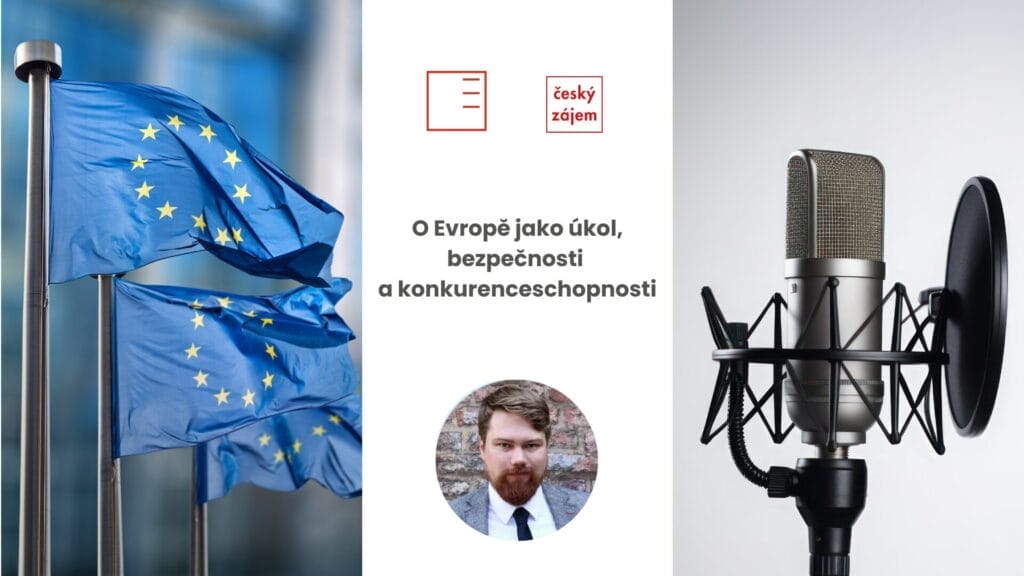
Český zájem | O Evropě jako úkol, bezpečnosti a konkurenceschopnosti
„V České republice a obecně v Evropě nám chybí jisté umění foresightu, my umíme předpovídat příští 2-3 roky, ale neumíme hloubkově předpovídat různé scénáře a být na ně připraveni.” Martin Vokálek, výkonný ředitel Institutu EUROPEUM, byl hostem v podcastu Český zájem s Janem Lipavským.
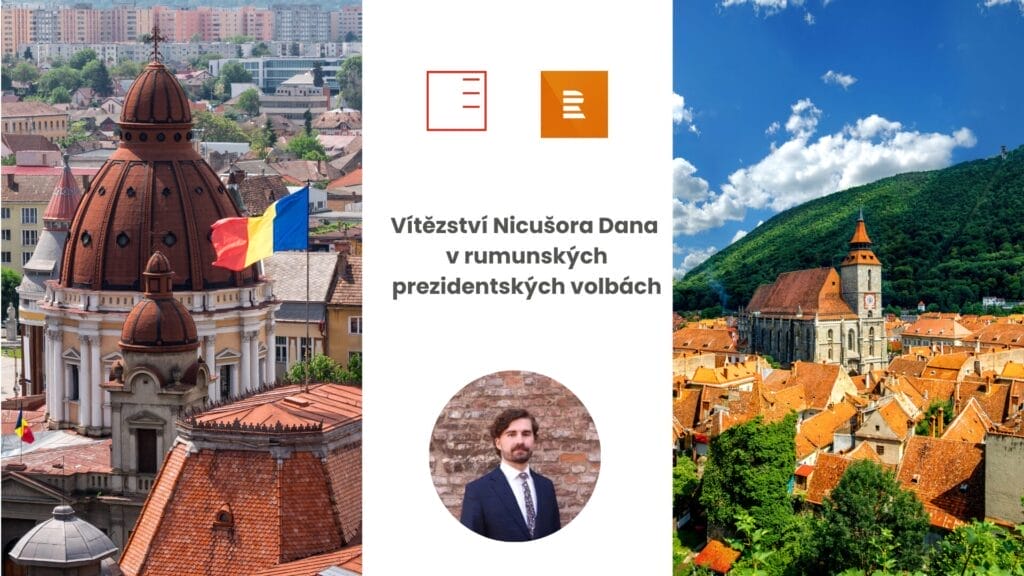
ČRo Plus | Vítězství Nicušora Dana v rumunských prezidentských volbách
Vítězství Nicušora Dana bylo jistým způsobem překvapení, protože se zdálo z náskoku v prvním kole, že mobilizace pro něj bude složitá, ale nakonec mobilizoval neuvěřitelné množství lidí, i těch, kteří zastávají úplně jiné politické názory. Klíčovým faktorem bylo to, že voliči hlasovali spíše proti Simionimu než kvůli tomu, že by je Dan tolik oslovil. Pro ČRo Plus komentoval zástupce ředitele Institutu EUROPEUM Viktor Daněk.
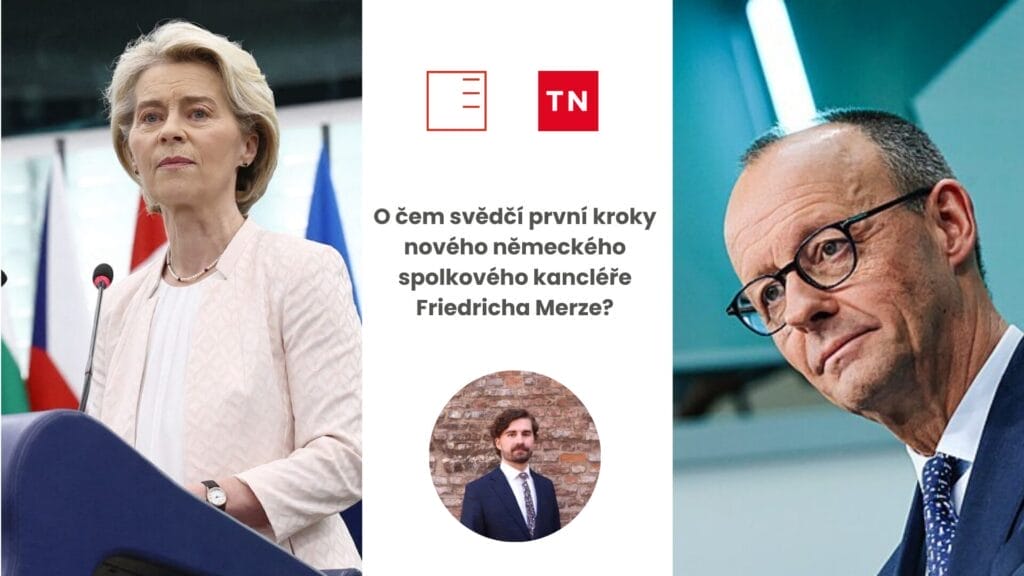
ČRo Plus | O čem svědčí první kroky nového německého spolkového kancléře Friedricha Merze?
Dne 9.5. zavítá nový německý kancléř Friedrich Merz do Bruselu a setká se s vrchními unijními představiteli. Pro ČRo Plus komentoval Viktor Daněk, zástupce ředitele Institutu EUROPEUM.
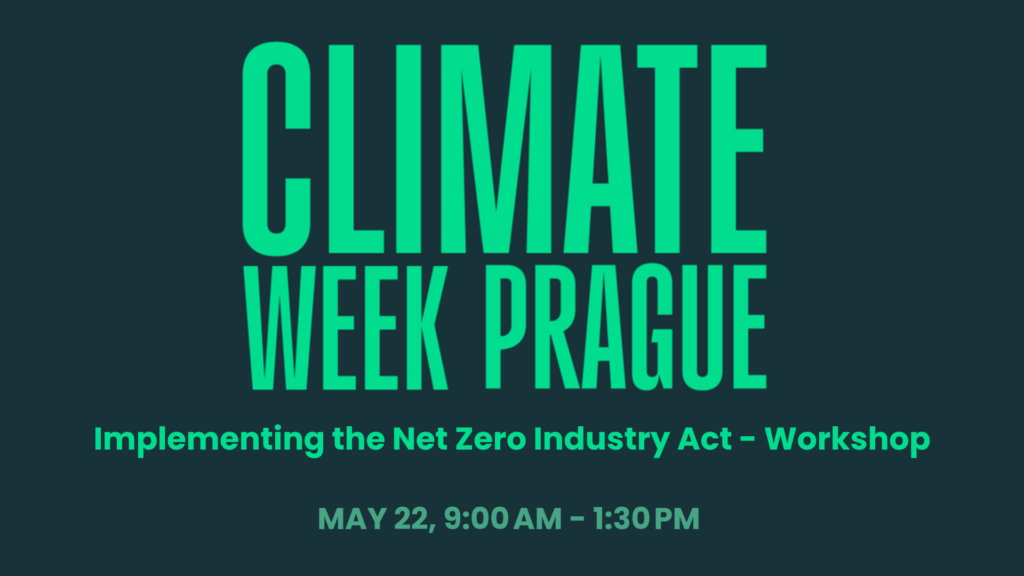
Climate Week Prague | Implementace nařízení o průmyslu pro nulové čisté emise
Tento workshop, pořádaný podnikatelským sdružením Change for the Better ve spolupráci s Europeum, představuje jedinečnou příležitost pro české podniky formulovat společné stanovisko k implementaci Nařízení o průmyslu pro nulové čisté emise (Net Zero Industry Act, NZIA) a diskutovat o jeho dopadech na český průmyslový sektor.
Setkání se zaměří na klíčové strategické otázky, jako je financování, regulace a konkurenceschopnost českého průmyslu v kontextu zelené transformace.
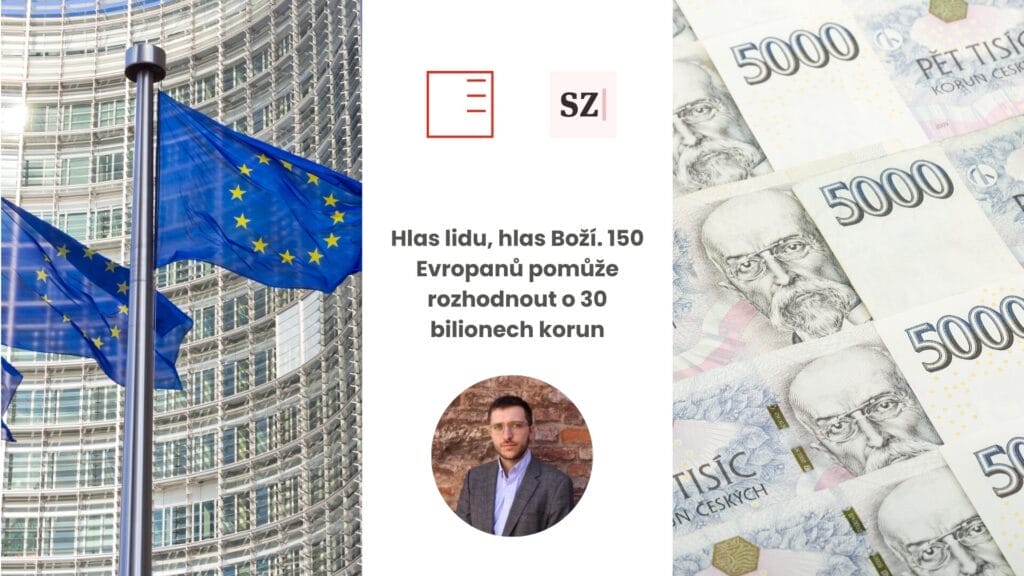
Seznam Zprávy | Hlas lidu, hlas Boží. 150 Evropanů pomůže rozhodnout o 30 bilionech korun
Evropská komise pozvala do Bruselu 150 náhodně vybraných lidí, kteří jí během tří víkendů radili, jak by měl vypadat rozpočet EU na příštích sedm let. Ten současný operuje s částkou 1,2 bilionu eur, tedy necelých 30 bilionů korun. Pro SZ Byznys vysvětluje ekonomický analytik Institutu pro evropskou politiku EUROPEUM Filip Křenek.
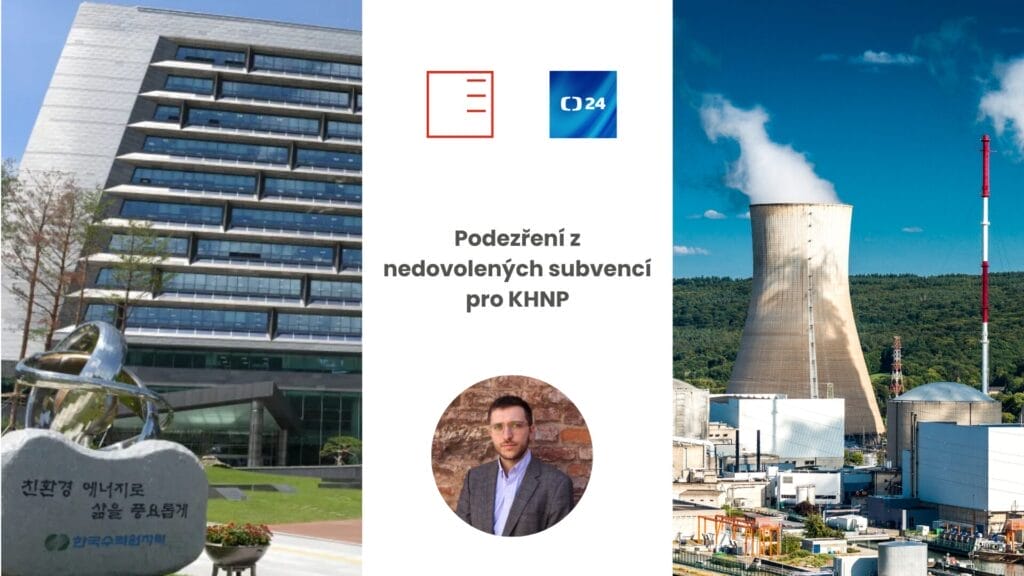
ČT24 | Podezření z nedovolených subvencí pro KHNP
Další kroky v kauze Dukovany komentoval pro Studio ČT24 analytik Institutu pro evropskou politiku EUROPEUM Filip Křenek.
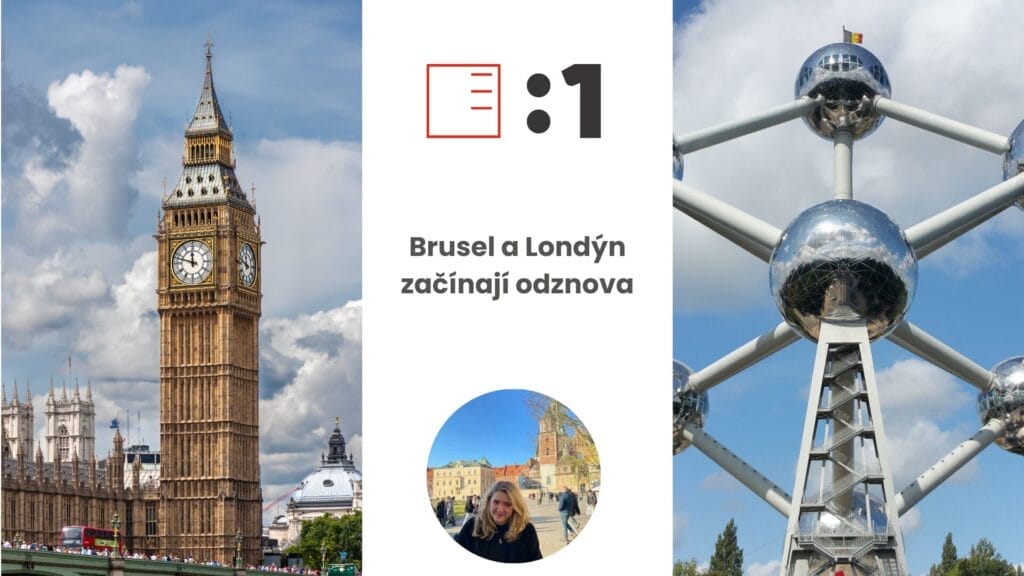
STVR | Brusel a Londýn začínají odznova
Současnou proměnu mezinárodního prostředí a roli Spojeného království a EU v něm komentovala pro slovenskou televizi analytička Institutu EUROPEUM Imogen Wymer.
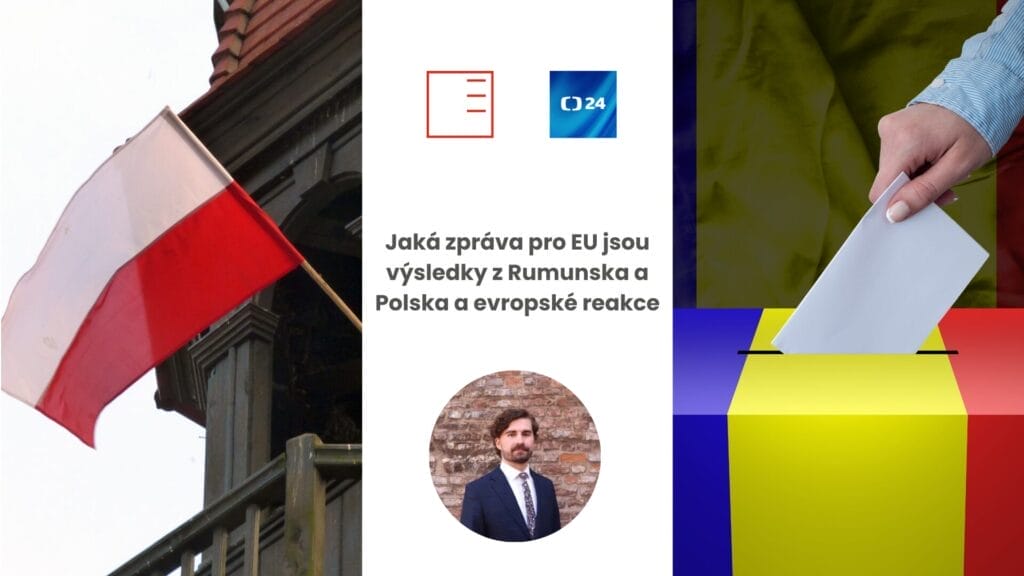
ČT24 | Jaká zpráva pro EU jsou výsledky z Rumunska a Polska a evropské reakce
Výsledky prezidentských voleb v Rumunsku a Polsku a jejich dopad na EU okomentoval pro ČT24 zástupce ředitele Institutu EUROPEUM Viktor Daněk.
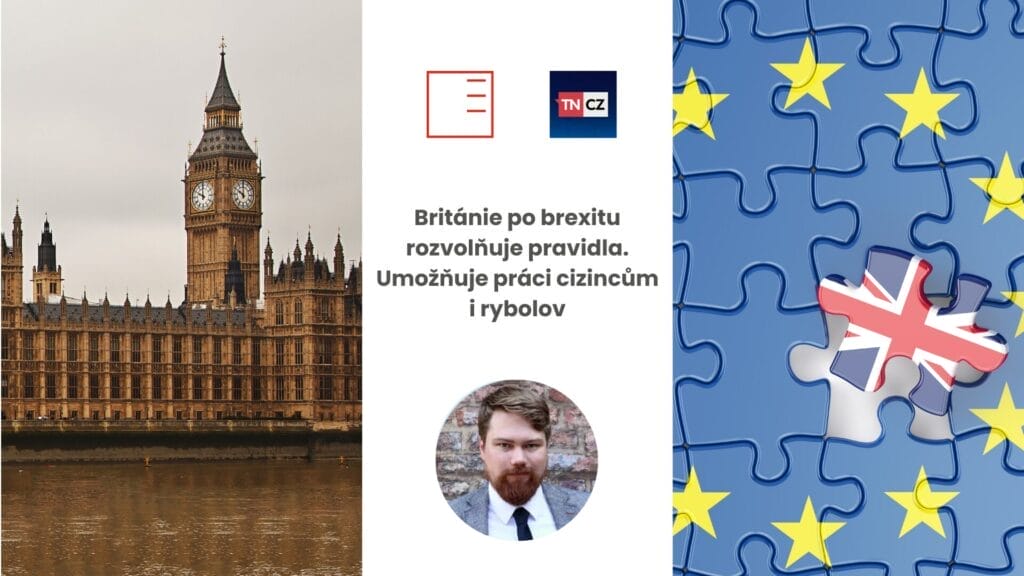
TN CZ | Británie po brexitu rozvolňuje pravidla. Umožňuje práci cizincům i rybolov
Pořad Headline TN Live se věnoval vztahům Velké Británie a Evropské Unie. Co se po brexitu změnilo, rozebral výkonný ředitel Institutu pro evropskou politiku EUROPEUM Martin Vokálek.
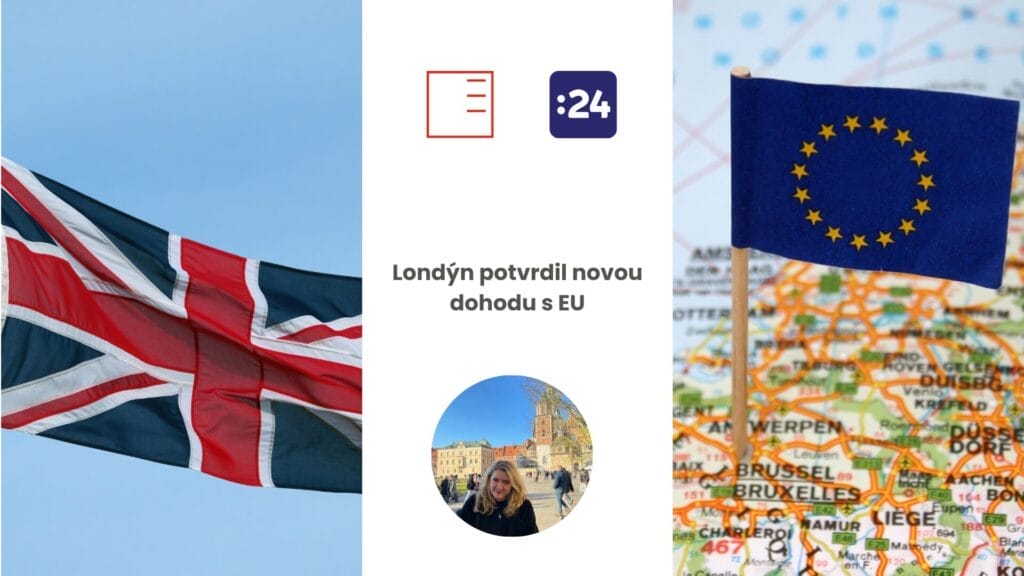
STVR | Londýn potvrdil novou dohodu s EU
Situaci ohledně summitu mezi EU a Spojeným královstvím okomentovala pro slovenskou televizi analytička Institutu EUROPEUM Imogen Wymer.
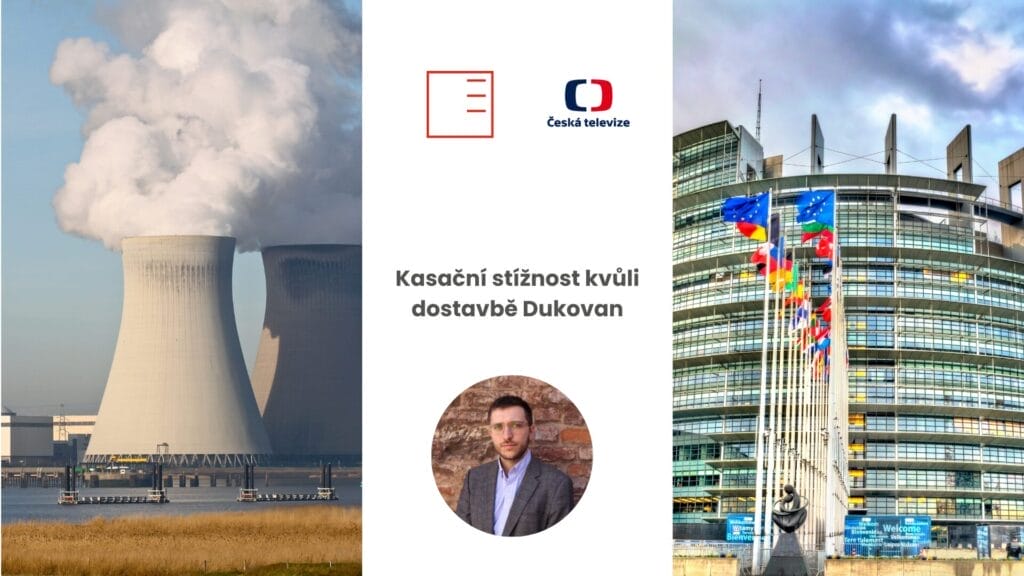
ČT | Kasační stížnost kvůli dostavbě Dukovan
Stížnost proti odkladu jaderného tendru pro ČT komentoval analytik Institutu EUROPEUM Filip Křenek.
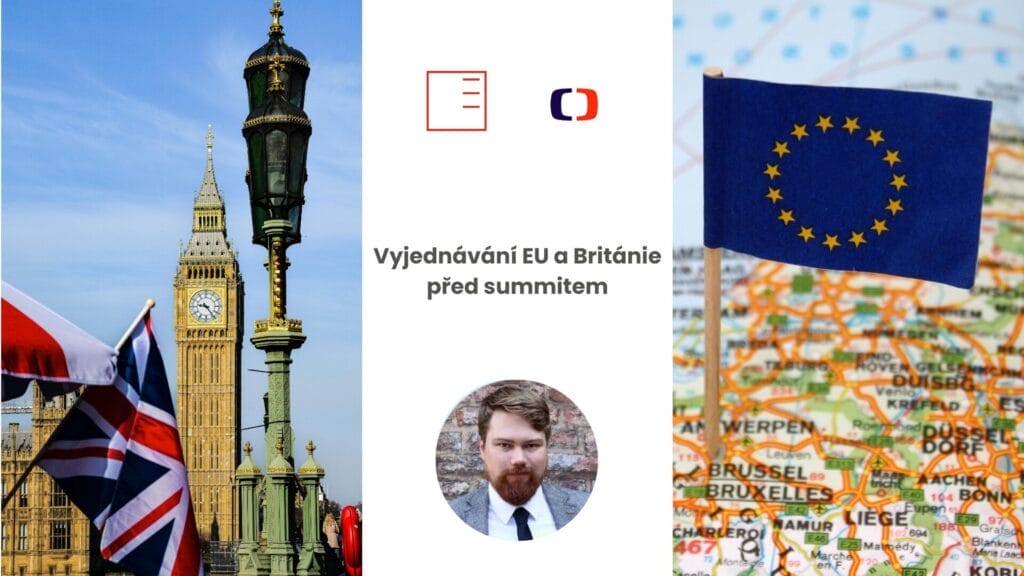
ČT1 | Vyjednávání EU a Británie před summitem
Před summitem 19. 5. v Londýně jednali představitelé EU a Velké Británie. Schůze má napravit pošramocené vztahy, na mnoha bodech se ale strany zatím neshodují. Pro ČT1 komentoval výkonný ředitel Institutu EUROPEUM Martin Vokálek.